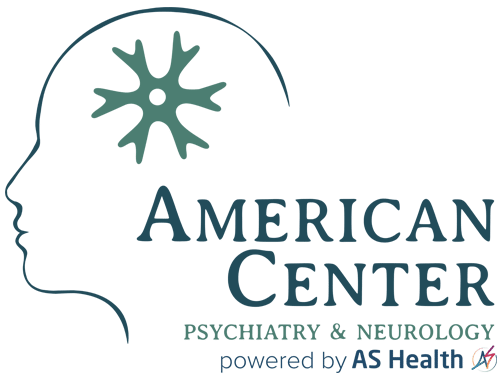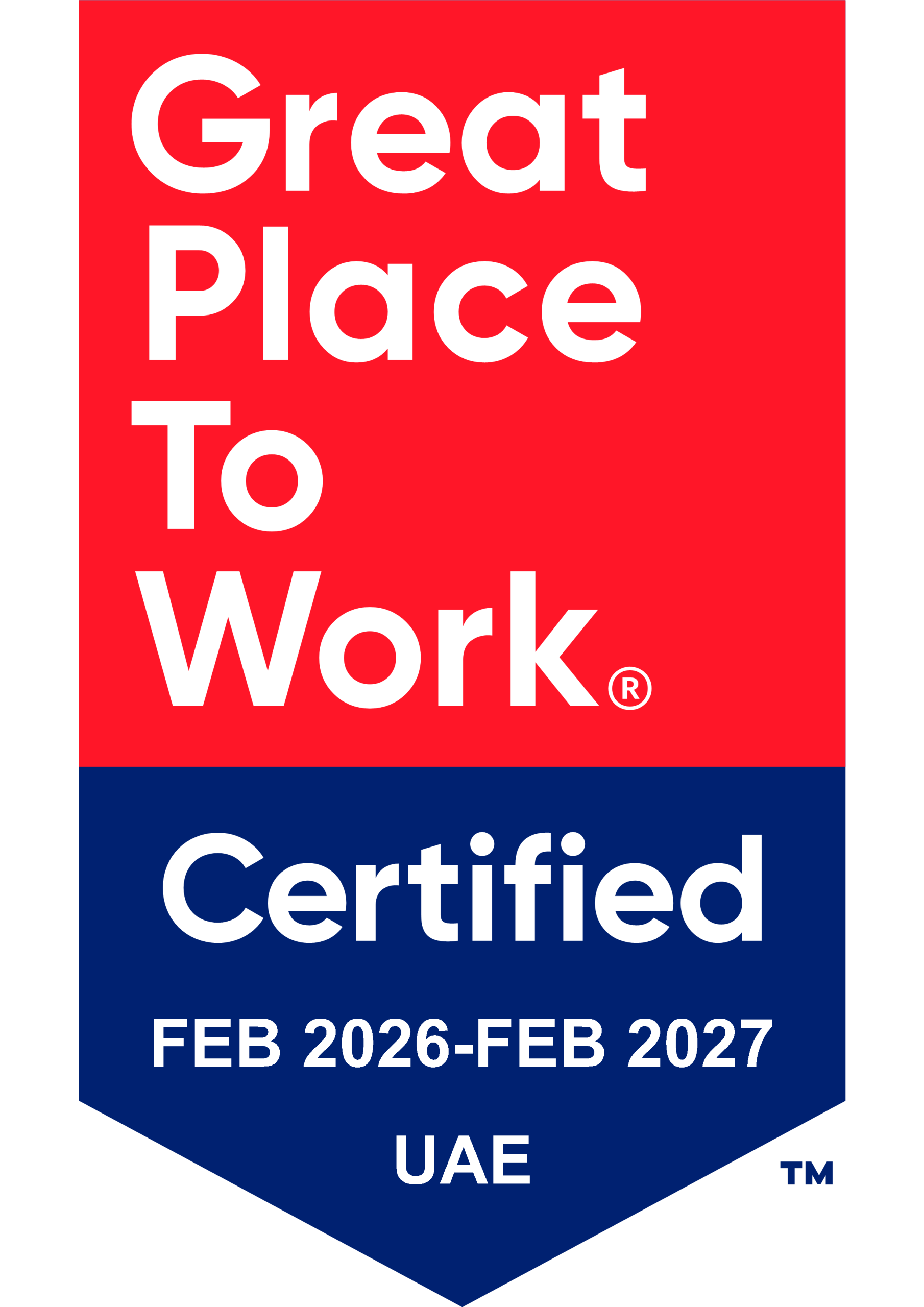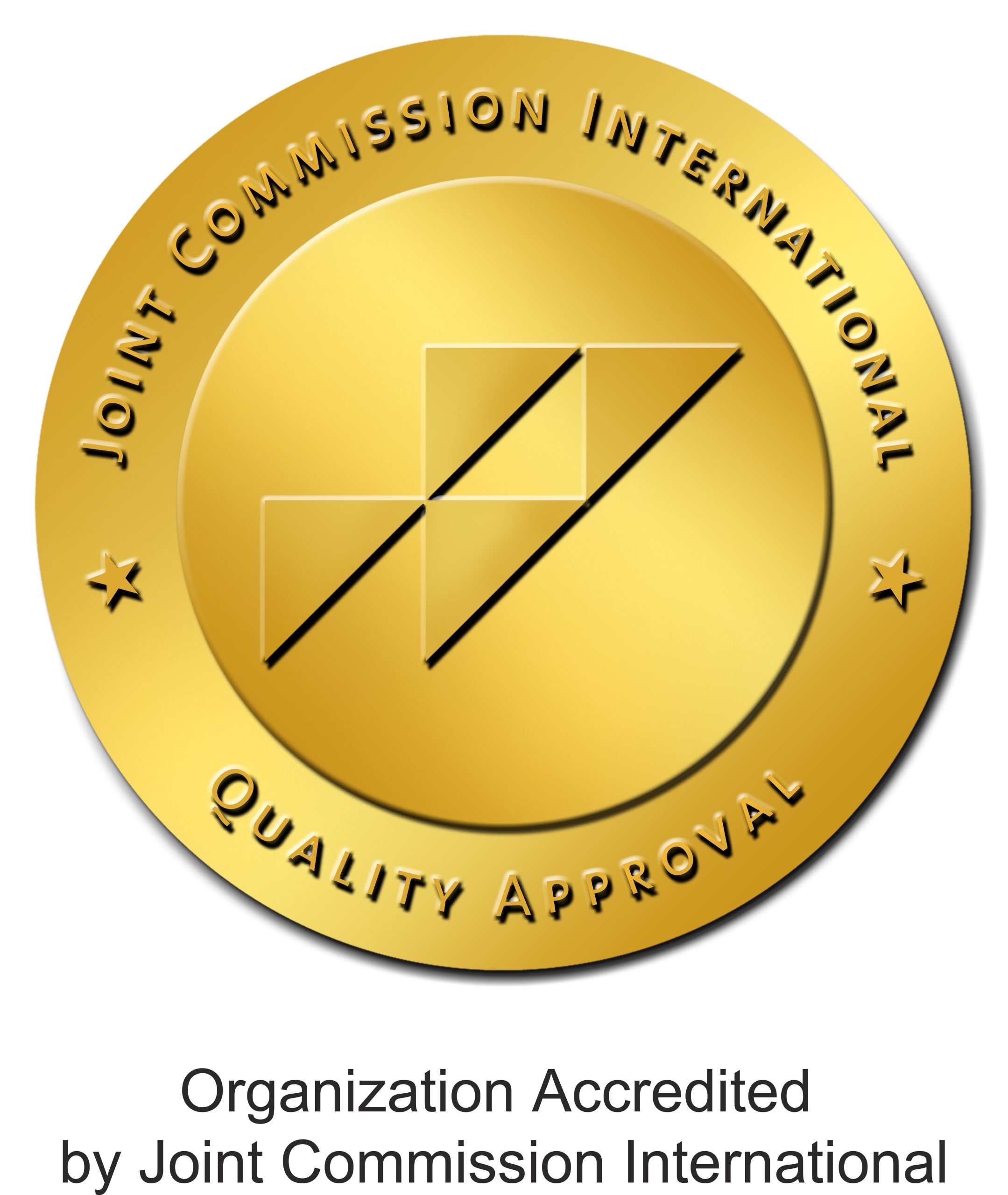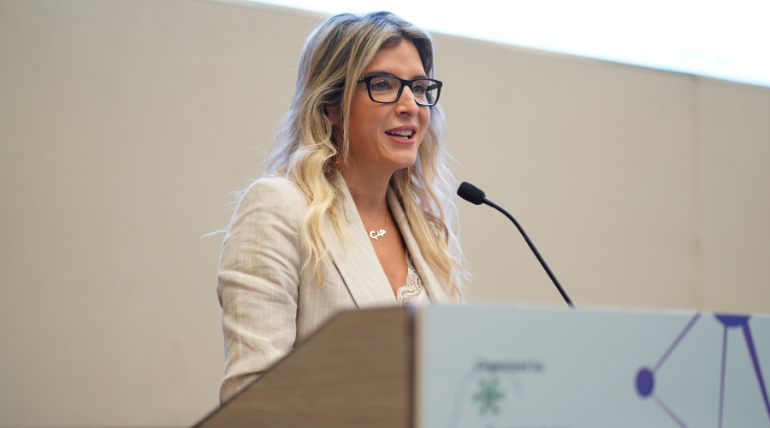When I began my clinical work in Dubai over two decades ago, I never imagined that eating disorders would become the heart of my professional mission. At the time, terms like anorexia or bulimia were rarely mentioned in Arab societies. These illnesses were dismissed as Western problems, teenage phases, or attention-seeking behaviors — if they were acknowledged at all.
But the reality was very different. I met adolescent girls hiding food, parents desperate for answers, young men bingeing in silence, and patients misdiagnosed with depression or anxiety because no one was looking beneath the surface. Each clinical encounter echoed the same question: “Why is there no one who understands what I’m going through?”
Binge eating is normalized in many Arab cultures — encouraged even — as a marker of hospitality, masculinity, or family bonding. As a result, compulsive overeating often goes unrecognized, misdiagnosed, or dismissed entirely. Similarly, I’ve worked with veiled women experiencing profound body dissatisfaction and body avoidance, yet without the language or permission to speak about their distress.
When I established the first multidisciplinary outpatient program for eating disorders in Dubai in 2017, there was no roadmap. No culturally adapted model, no regional training, no existing teams. What we had was a deep commitment to provide care that was evidence-based, structured, and tailored. Over time, the program became one of the few internationally recognized CBT-E centers of excellence, and I began to witness something powerful — recovery, when the right care was finally in place.
What was missing wasn’t will. It was knowledge, access, and training. That’s why I became a fellow of the Academy for Eating Disorders (AED), where I now contribute to global efforts to shape clinical standards and training frameworks. It also gave me a platform to bring the needs of our region into international conversations — to say, “We exist. Our patients are here. And they deserve to be seen.”
Over the past few years, I’ve had the privilege of organizing five international eating disorder conferences in the UAE, bringing leading voices like Daniel Le Grange, Janet Treasure, and Ulrike Schmidt to share knowledge with our region’s professionals. After the Beirut port explosion in 2020, I offered free training in CBT-E to colleagues in Lebanon and Qatar. Today, I’m preparing to launch a culturally sensitive online CBT-E training in Arabic, designed for psychologists, psychiatrists, dietitians, and physicians across the Middle East and North Africa.
And yet, despite all of this, the gap remains wide. There are no specialized treatment centers in the entire Middle East. Few professionals have received adequate training. Male patients often remain undiagnosed due to bias. Adolescents are dismissed as dramatic or disobedient, and families are left with no roadmap.
Emerging studies show that the prevalence of eating disorders in some Arab countries now rivals that of Western nations. But access to care remains scarce. The region also faces additional layers of complexity — from religious fasting to generational trauma, from the normalization of extreme body control to the invisibility of body distress in veiled populations.
Eating disorders are not a passing phase. They are complex, deadly, and deeply misunderstood illnesses — but they are also treatable. With the right care, people do recover. But that care must be specialized, compassionate, and grounded in evidence.
Training psychologists, physicians, and dietitians in specialized, evidence-based treatment is not just a medical necessity — it is a social and human imperative. It is the only way we can give our patients what they deserve: a real chance at recovery.
On WEDAD 2025, I share my journey not to speak of achievement, but to advocate for action. Let us break the silence, raise the standards, and commit to breaking bias — wherever it hides.




